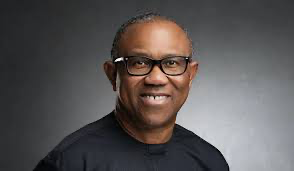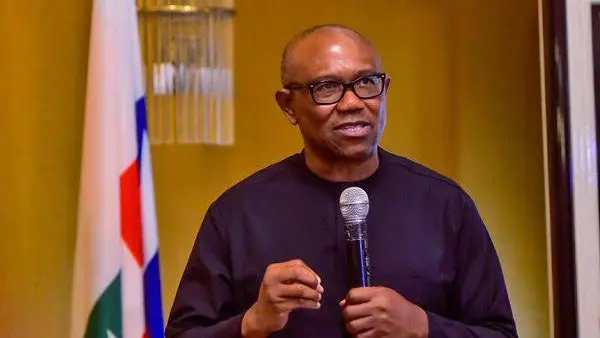Yunusa Tanko,The Chief Spokesperson of Obi-Datti and Director of the Media for the Labour Party (LP) Yunusa Tanko, has emphatically stated that Peter Obi is only interested in participating in a political merger that prioritizes the betterment of Nigeria rather than one solely focused on gaining power.
Tanko’s comments come amidst speculation about a potential alliance between Obi and other political leaders aimed at challenging the ruling All Progressives Congress (APC). This speculation follows the 2023 presidential election, which the Independent National Electoral Commission (INEC) declared Bola Tinubu of the APC as the winner.
Tanko elaborated on Peter Obi’s stance during a briefing with reporters and journalists, emphasizing that Obi is committed to addressing the fundamental issues plaguing Nigeria. “His Excellency, Peter Gregory is not interested in a merger that is only for the interest of seeking power.
He is interested in a merger that will bring Nigerians out of the poverty level, bringing the Nigerian people to a comfortable state of health care,” Tanko stated. He further highlighted that Obi’s vision includes ensuring Nigerians have access to potable drinking water and resolving the persistent issues with power supply.
According to Tanko, any potential merger would be thoroughly scrutinized to ensure that the parties involved share similar values and ideologies. “So, therefore, he is interested strongly in a merger that is driven by ideology and a programme. But if it’s only for the purpose of power, he is not interested,” Tanko emphasized.
 This cautious approach towards political alliances comes at a time when Obi and Atiku Abubakar of the Peoples Democratic Party (PDP) recently met to discuss national issues. Atiku, the PDP presidential candidate in the 2023 election and former vice president, has previously expressed his willingness to continue contesting presidential elections. This meeting between Obi and Atiku has fueled rumors about a possible merger, though opinions remain divided on the feasibility of such an alliance.
This cautious approach towards political alliances comes at a time when Obi and Atiku Abubakar of the Peoples Democratic Party (PDP) recently met to discuss national issues. Atiku, the PDP presidential candidate in the 2023 election and former vice president, has previously expressed his willingness to continue contesting presidential elections. This meeting between Obi and Atiku has fueled rumors about a possible merger, though opinions remain divided on the feasibility of such an alliance.
Former House of Representatives member Tajudeen Yusuf, for instance, is skeptical about a merger between the two leaders. He acknowledged their past collaboration in 2019 but doubted the likelihood of a future merger. “They have worked together before in 2019. It would not be out of place if they work together again. I am not in their minds but I don’t see the possibility,” Yusuf stated.
He referenced Atiku’s recent comments reaffirming his intent to remain active in politics as long as he is alive and healthy. “They met a few days ago and after the meeting, Alhaji Atiku Abubakar came out to say he will continue to contest as long as he’s alive and healthy,” Yusuf added. This statement, Yusuf believes, was a clear signal that Atiku is not planning to step aside for Obi or anyone else.
The dynamics of Nigerian politics, especially with figures like Obi and Atiku, suggest that both might continue to pursue their presidential ambitions independently. As the political landscape evolves, the idea of a merger remains complex, hinging not just on mutual goals but also on individual aspirations and strategic calculations.
Obi’s meetings with various leaders and stakeholders across the country indicate his active engagement in shaping Nigeria’s future. However, the intricacies of forming a successful merger—aligning ideologies, sharing a common vision, and balancing personal ambitions—pose significant challenges.
While the discussions and speculations about potential alliances continue, it is clear that Obi’s primary focus remains on transformative leadership that addresses the pressing needs of Nigerians.
In conclusion, Peter Obi’s approach to potential political mergers underscores a commitment to principled leadership and meaningful change. His stance, as articulated by Yunusa Tanko, reflects a dedication to partnerships that are founded on shared values and a collective vision for Nigeria’s progress, rather than mere political expediency.
As Nigeria moves towards future elections, the possibility of such mergers will depend on the alignment of these deeper goals and the willingness of leaders to prioritize the nation’s welfare over individual political gains.




